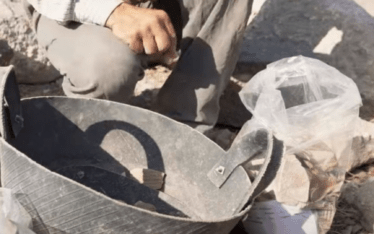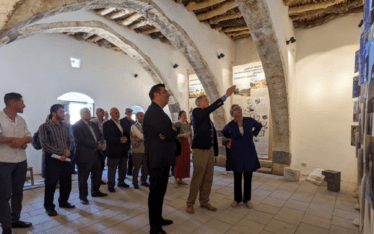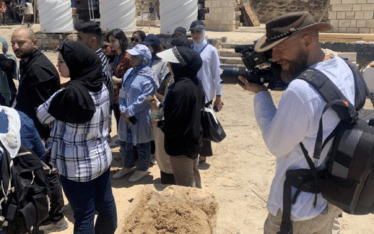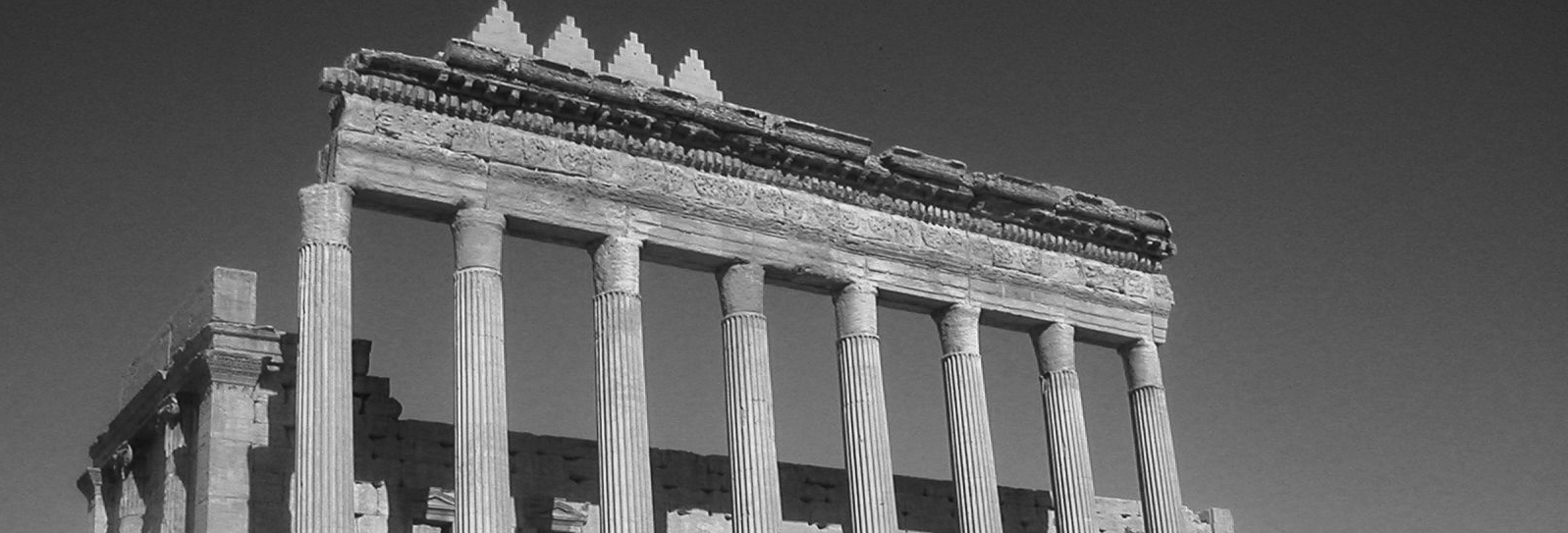
Urban Cultural Heritage in Conflict Regions
- Home
- Urban Cultural Heritage in Conflict Regions

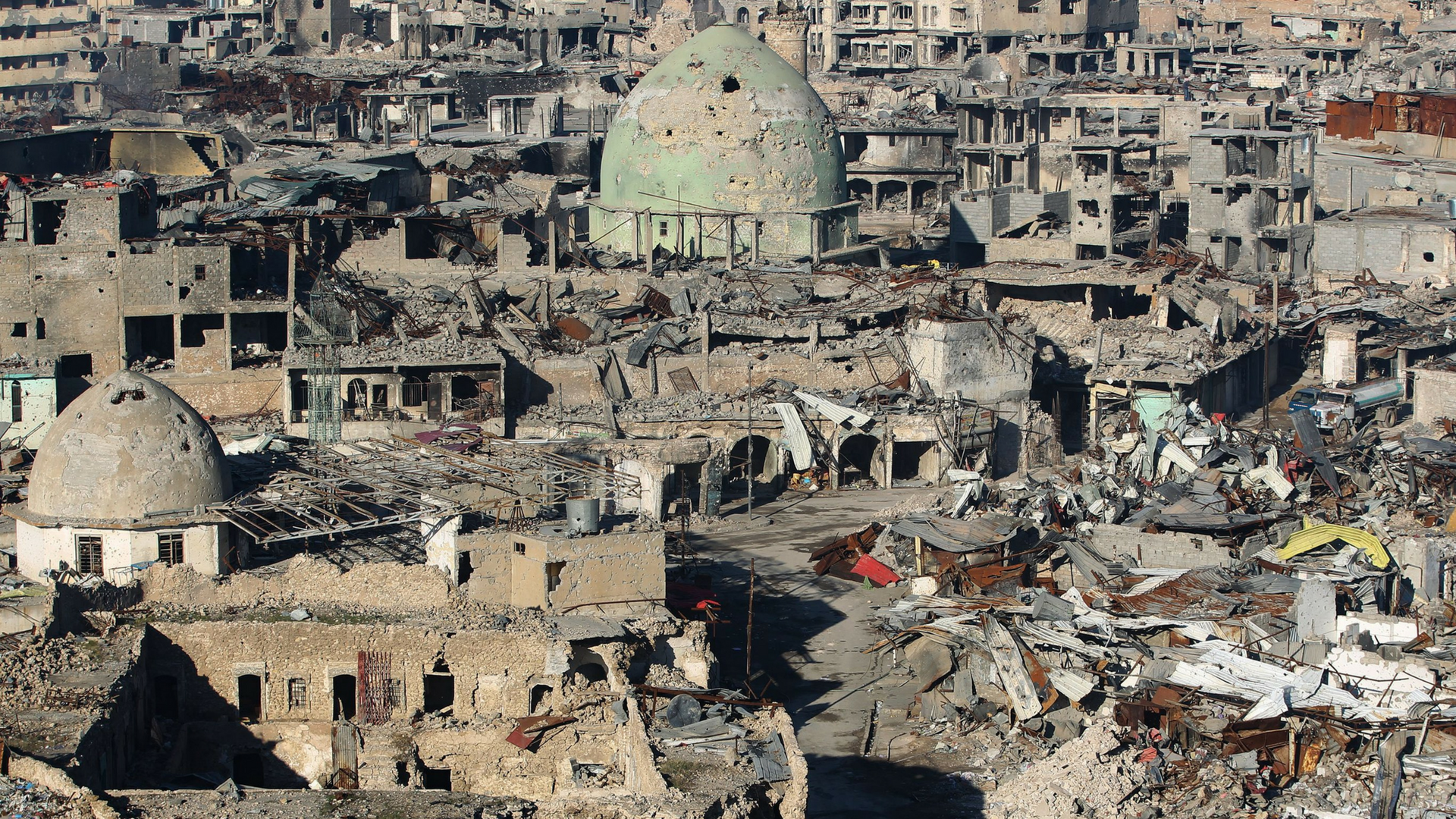
Building on the experiences of the German support provided over many years during the renovation of the old city of Aleppo prior to the outbreak of the conflict in Syria, German specialists are collaborating with experts from the Syrian diaspora and with organisations and individuals from other countries in the region to develop concepts for safeguarding the urban cultural heritage.
This measure offers a platform for the collaboration of a large range of organisations and individuals in the difficult process of war damage reparation and reconstruction in the aftermath of armed conflicts.
In many Near Eastern countries important historical cities were and are still destroyed by armed conflicts and war. Countries such as Iraq, Syria and Yemen have been affected by complex conflicts for years. During combat operations historic inner cities and city centres are often particularly affected. One of the most severely affected inner cities is the World Heritage city of Aleppo in Syria, which was renovated with German support from the mid-1990s up to the outbreak of the conflict. In Yemen historic old cities such as Sana’a and Shibam, which were listed as World Heritage sites, suffer war damage or are endangered as a consequence of neglect or of a lack of maintenance due to long-lasting conflict. But other historic old towns with precious architectural structures in the region, for example Mosul in Iraq or Raqqa in Syria, have been largely destroyed as a result of the military conflicts of the last few years.
In post-conflict situations, after the end of the war, the culture-sensitive reconstruction of historic old towns is often endangered by the need for the rapid restoration of basic infrastructure, services and housing as an urgent priority. In many cases war damage is also used as an opportunity to carry out extensive modernisation of the urban structures.
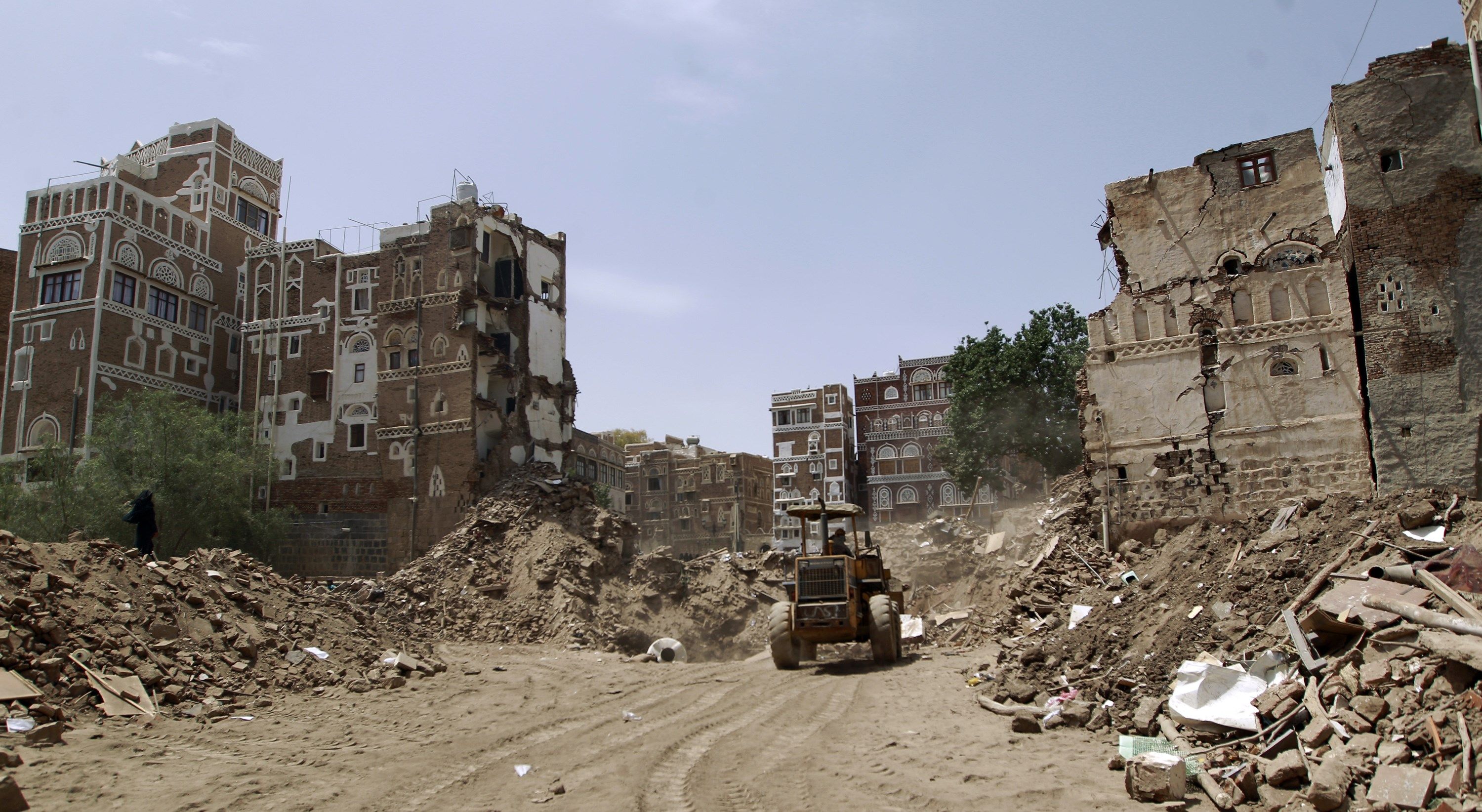
Destroyed high-rise buildings in Yemen, Sana’a (© Mohammed Huwais. AFP, Getty Images)
Many international, regional and German individuals and institutions attempt to counter further destruction of important urban cultural heritage in the aftermath of the conflict. They take part in a range of projects and preparatory measures in order to create the conditions for culture-sensitive, sustainable reconstruction. Yet these projects are rarely coordinated and linked together. In many cases there is a distinct lack of concepts and tools for meeting the complex challenges related to the safeguarding of cultural heritage during the reconstruction of war-damaged cities.
The “Urban Cultural Heritage in Conflict Regions” project supported by the German Federal Foreign Office (AA) under the umbrella of the Archaeological Heritage Network (ArcHerNet) attempts to prepare and to assist the safeguarding and restoration of cultural heritage in war-damaged cities in the Near East. The aim of the project is to contribute to the creation of basic conditions for the safeguarding and restoration of urban cultural heritage in Near Eastern post-conflict situations.
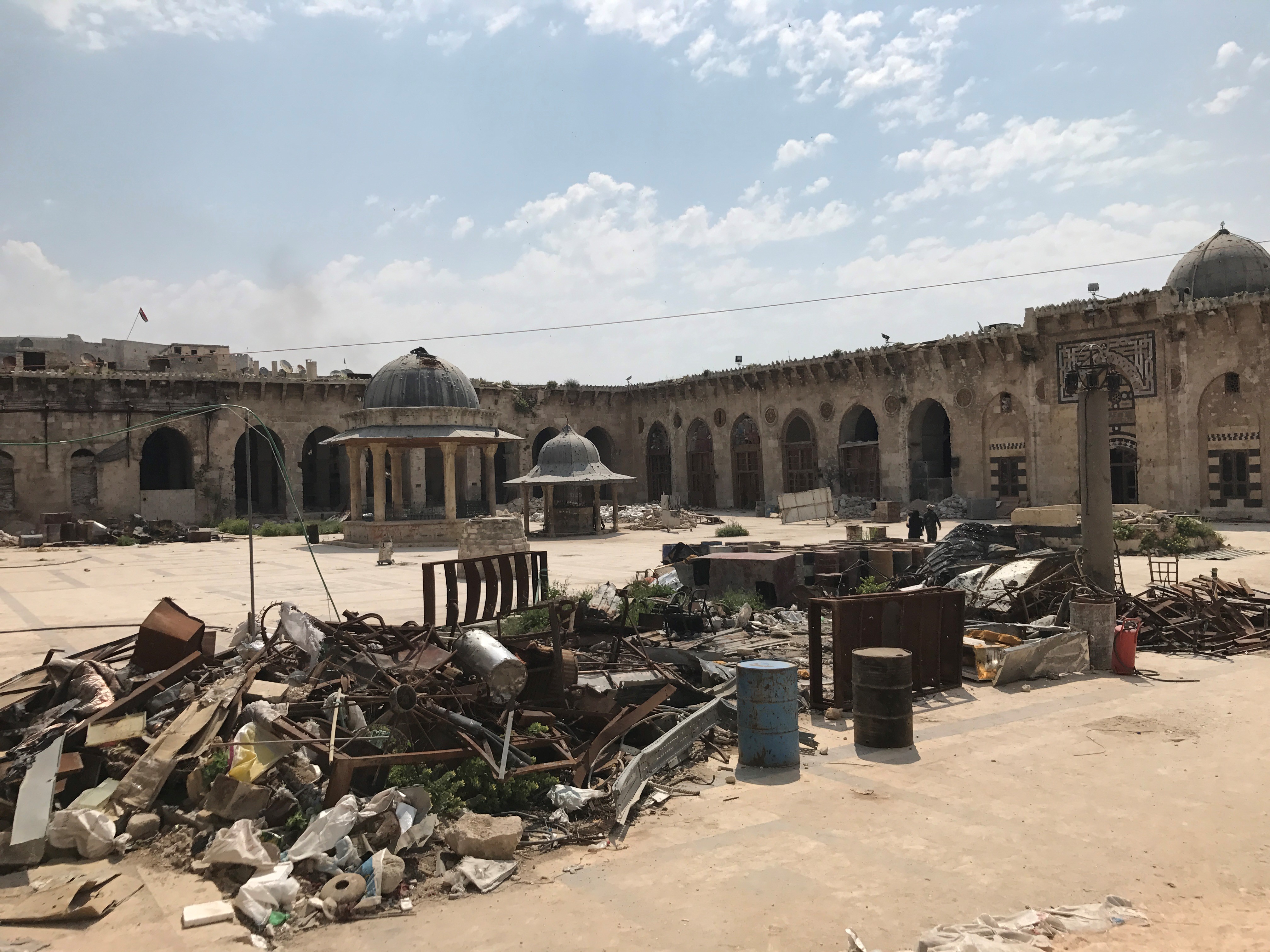
Umayyad mosque in Aleppo (© GIZ/ArcHerNet)
Objectives
The aim of the project is to develop concepts and tools to safeguard and restore urban cultural heritage during reconstruction work in post-conflict situations. These concepts will be developed using the historic old city of Aleppo as an example and they will benefit other organisations and individuals carrying out reconstruction work in other countries in the region.
Methodological approach
The methodological approach of the project is the construction of a platform for the development and coordination of initiatives and approaches related to the safeguarding of urban cultural heritage in conflict regions. This methodological approach encompasses three complementary components:
Image: panorama of the old city of Mosul in January 2018 (© Ahmad Al-Rubaye. AFP, Getty Images)
Archaeological Heritage Network is made possible by many national and international partners. The Federal Foreign Office and the Gerda Henkel Foundation supports the network.
